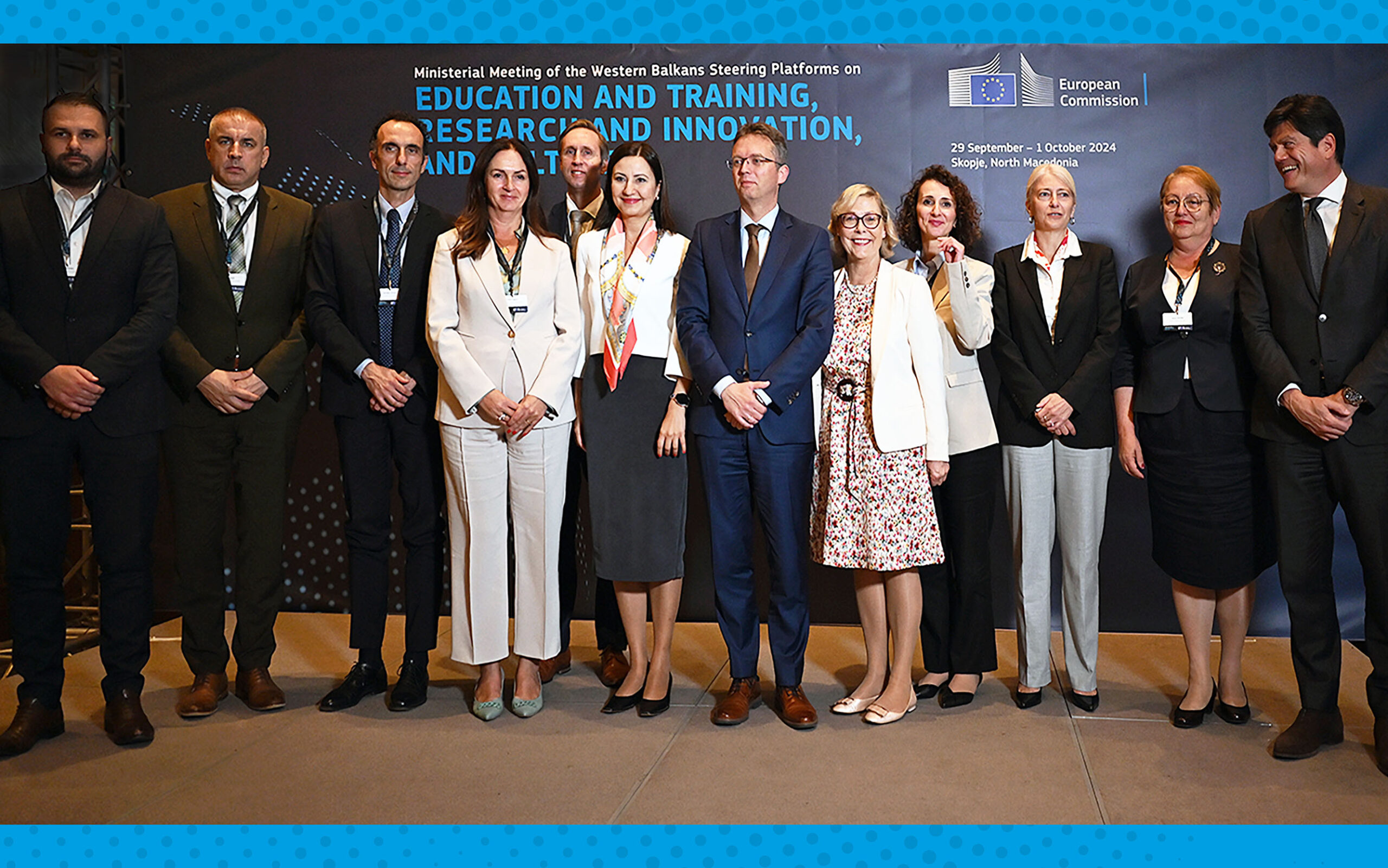From 29 September to 1 October, Skopje hosted the Ministerial Meeting of the Western Balkans Steering Platforms on Education and Training, Research and Innovation, and Culture. This meeting played a central role in stimulating, monitoring, and supporting cooperation in research, innovation, education, and cultural and creative policies and programs between the European Union Member States, the European Commission, and the Western Balkans.
Iliana Ivanova, the European Union Commissioner for Innovation, Research, Culture, Education, and Youth, convened a series of meetings with Ministers from the Western Balkans. These discussions underscored the collaborative efforts to implement the Western Balkans Agenda focused on Innovation, Research, Education, Culture, Youth, and Sport. The meetings were a significant step towards reinforcing the partnership between the EU and the Western Balkans, aiming to enhance integration and cooperation in key areas.
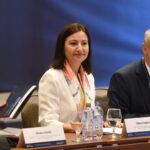
Iliana Ivanova
Commissioner for Innovation, Research, Culture, Education and YouthMinisters from the Western Balkans reaffirmed their dedication to intensifying collaboration with the EU. Their goal is to ensure stronger integration of the region into the European Education Area, European Research Area, and European Innovation Agenda. This commitment aligns with the EU’s broader strategy to bring the Western Balkans closer to the EU.
The EU has developed a comprehensive set of tools and instruments designed to accelerate the convergence of the Western Balkans with EU standards. A key initiative is the new Growth Plan for the Western Balkans, which aims to bolster economic growth, support green and digital transitions, and provide educational opportunities for young people in the region.
Key Outcomes of the Meetings
Education
- The ministerial discussions emphasised the critical connection between education and innovation. Existing initiatives like the European Education Area, the European Strategy for Universities, the New European Innovation Agenda, and the Digital Education Action Plan 2021-2027 are pivotal to this effort. The Enhanced Partnership under the Erasmus+ programme now extends to educational organisations in the Western Balkans, including those not previously associated with the programme. This extension allows these institutions to participate in strategic actions like the European Universities initiative, which includes 64 alliances of higher education institutions.
- Efforts to engage youth in education and skills development are being prioritised, especially in areas related to digital technologies and deep-tech fields. Programmes such as the Regional Youth Cooperation Office, Girls Go Circular, and Digital Education Hackathons are designed to promote youth participation in the green and digital transitions.
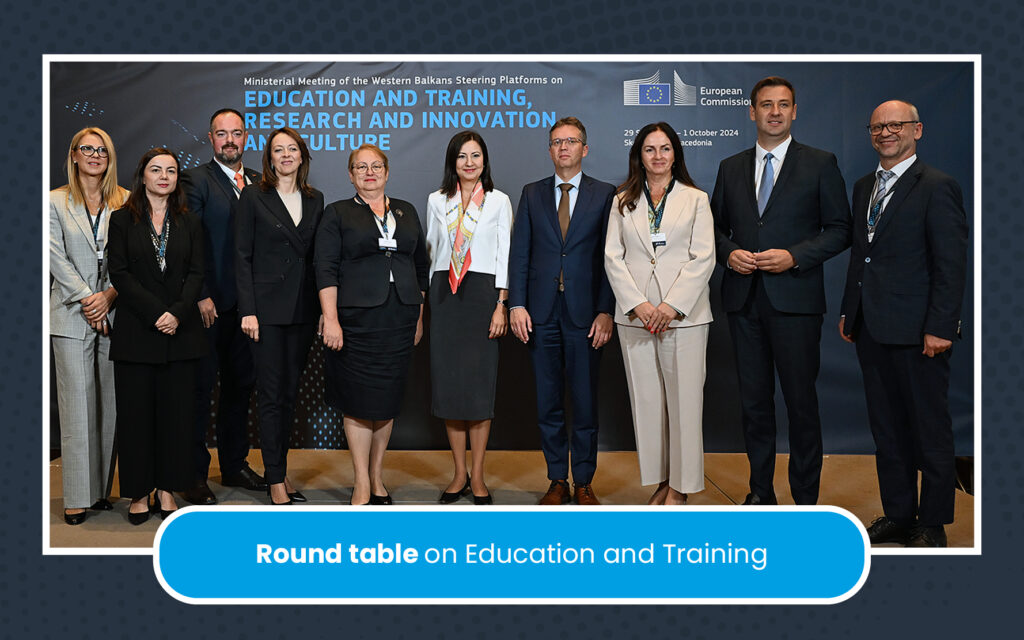
Research and Innovation
- The discussions highlighted the importance of the European Research Area and the European Innovation Agenda. The Western Balkan partners are encouraged to fully access these frameworks to enhance their research capabilities. To this end, the region has increased its investment in research and innovation, particularly in areas like research infrastructures, science and technology parks, and initiatives that foster cooperation between academia and businesses. Currently, 400 projects across the region are receiving a total of €140 million in funding through the EU’s research and innovation programme.
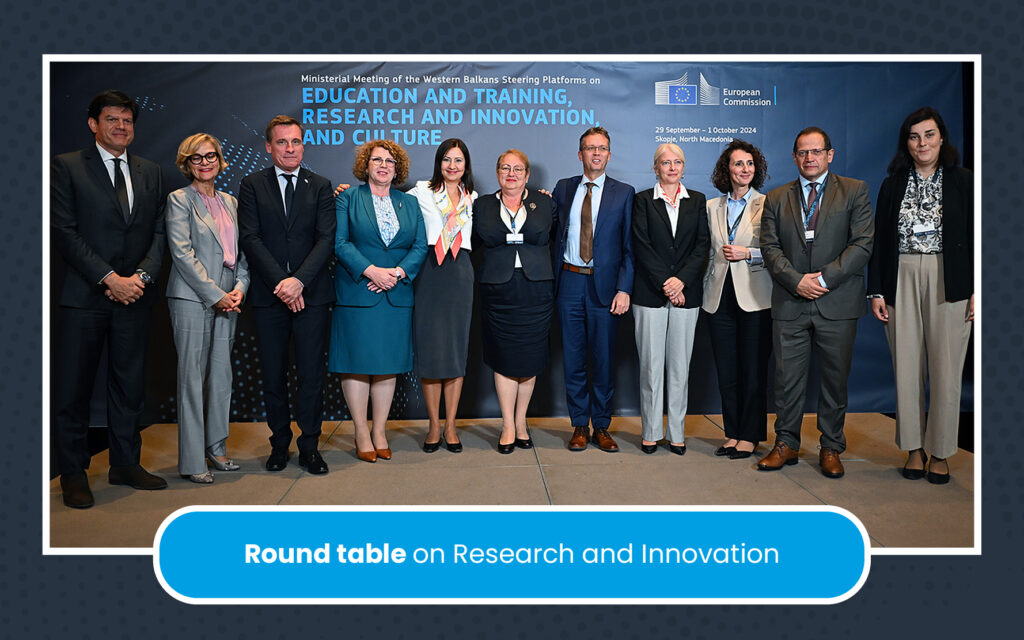
- The implementation of Smart Specialisation Strategies by many Western Balkan economies is anticipated to generate synergies. This approach will create a conducive environment for talent development and retention, which is crucial for sustainable growth.
- The Western Balkans participating in the EU DIGITAL programme are set to create their own Digital Innovation Hubs. These hubs will be integrated into the network of European Digital Innovation Hubs (EDIHs), serving as one-stop shops to assist companies and public sector organisations in addressing digital challenges and enhancing competitiveness. Eighteen Digital Innovation Hubs from Albania, Kosovo, Montenegro, North Macedonia, Serbia, Turkey, and Ukraine successfully qualified in the first call for proposals and are invited to join the EDIH network. By 2025, each country aims to have operational EDIHs to support the green and digital transitions.
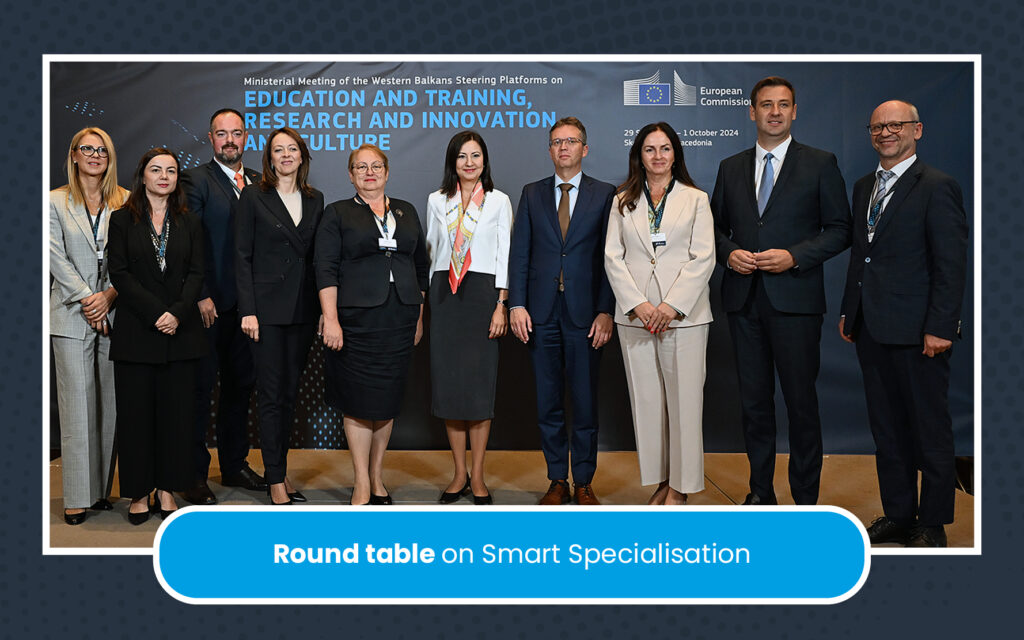
Green Transition
- Underpinning the green transition priorities, the implementation of the Green Agenda for the Western Balkans is expected to accelerate the region’s alignment with the EU. Elbasan, Podgorica, and Sarajevo are identified as models for a new governance approach aimed at achieving climate neutrality and serving as innovation hubs for other cities in the region. These cities aspire to become climate-neutral and smart cities by 2030.
- A recent study conducted by the European Commission’s Joint Research Centre highlighted the pressing issue of air quality in the Western Balkans. The findings will assist national and local authorities in developing effective strategies to combat air pollution, which poses significant challenges to public health and the environment in the region.
Culture
- The Western Balkans Ministerial Platform on Culture, launched in 2022, focuses on enhancing the cultural and creative sectors within the region. These sectors stand to benefit from the opportunities provided by the Creative Europe programme, including initiatives like the Culture Moves Europe mobility scheme, which supports the mobility of artists and cultural professionals. Since 2022, the cultural and creative sectors have received assistance through the Culture and Creativity for the Western Balkans action, a significant programme led by UNESCO with EU backing. The expansion of the European Heritage Hub to the Western Balkans is another example of the commitment to fostering regional cultural cooperation.
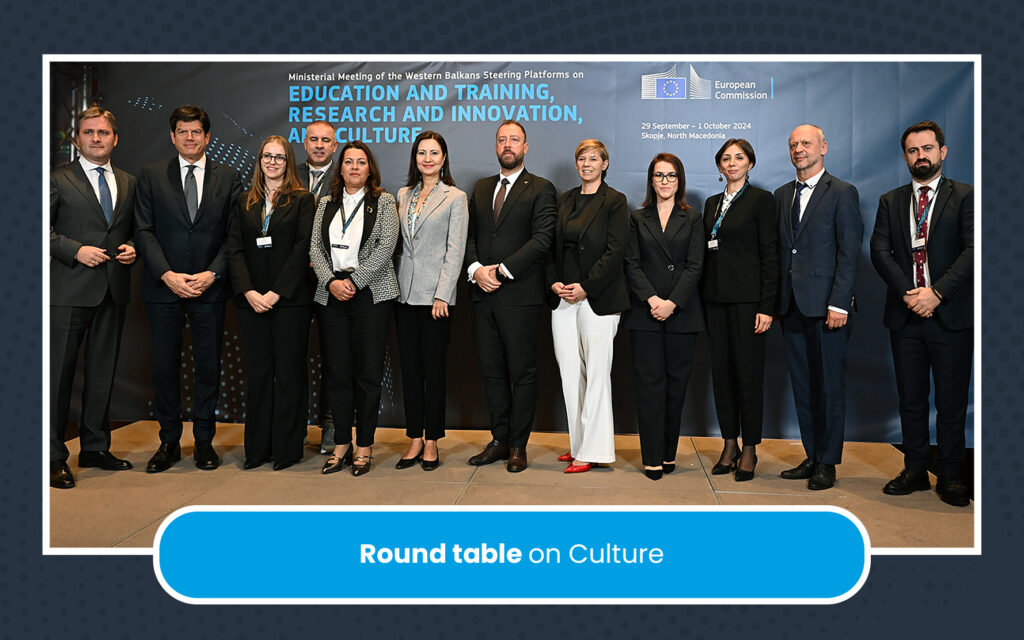
Background Context
The Western Balkans Agenda on Innovation, Research, Education, Culture, Youth, and Sport serves as a framework for the region to advance closer ties with the EU. This cooperation is part of the EU’s enlargement agenda, aiming to enhance socio-economic development and alignment with EU policies. The Growth Plan for the Western Balkans aims to provide the region with benefits typically associated with EU membership in advance of actual accession, thereby stimulating economic growth and promoting convergence. The plan is backed by a new performance-based financing instrument, the Reform and Growth Facility for the Western Balkans, which allocates up to €6 billion for the period 2024-2027.
This collaborative effort highlights the EU’s commitment to supporting the Western Balkans in its journey toward greater integration and development, addressing shared challenges, and fostering mutual growth in innovation, education, and cultural exchange.
The materials provided from the side of the POLICY ANSWERS at an exhibition booth are:
- POLICY ANSWERS Policy Brief “The Western Balkans on the Road to FP10”
- Monitoring Cards on Implementing the Western Balkans Agenda published by POLICY ANSWERS (July 2024)
- Western Balkans European Research Area (ERA) Country Reports 2023 Summative Fact Sheet
- POLICY ANSWERS Policy Brief Digital Transformation in the Western Balkans
- POLICY ANSWERS Policy Brief Green Transition
Furthermore, the project partners highlighted the:
- Ongoing innovation voucher call (Deadline: 20 November 2024)
- POLICY ANSWERS Information on Strategic Foresight (prepared in 2023 as a basis for the foresight side event)

